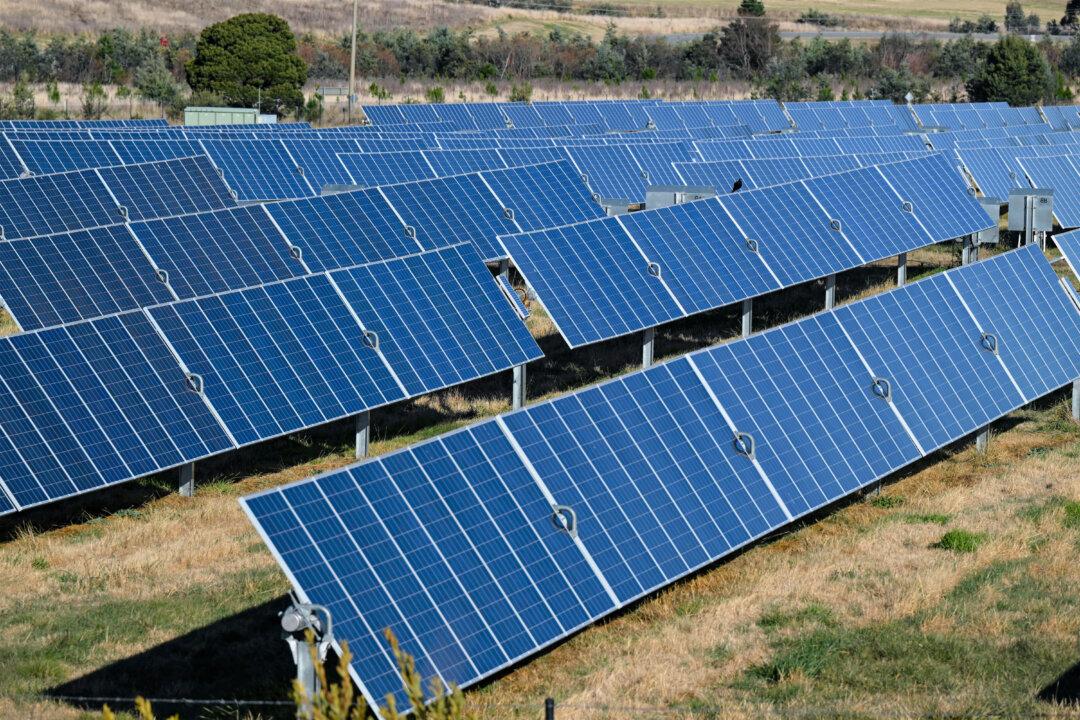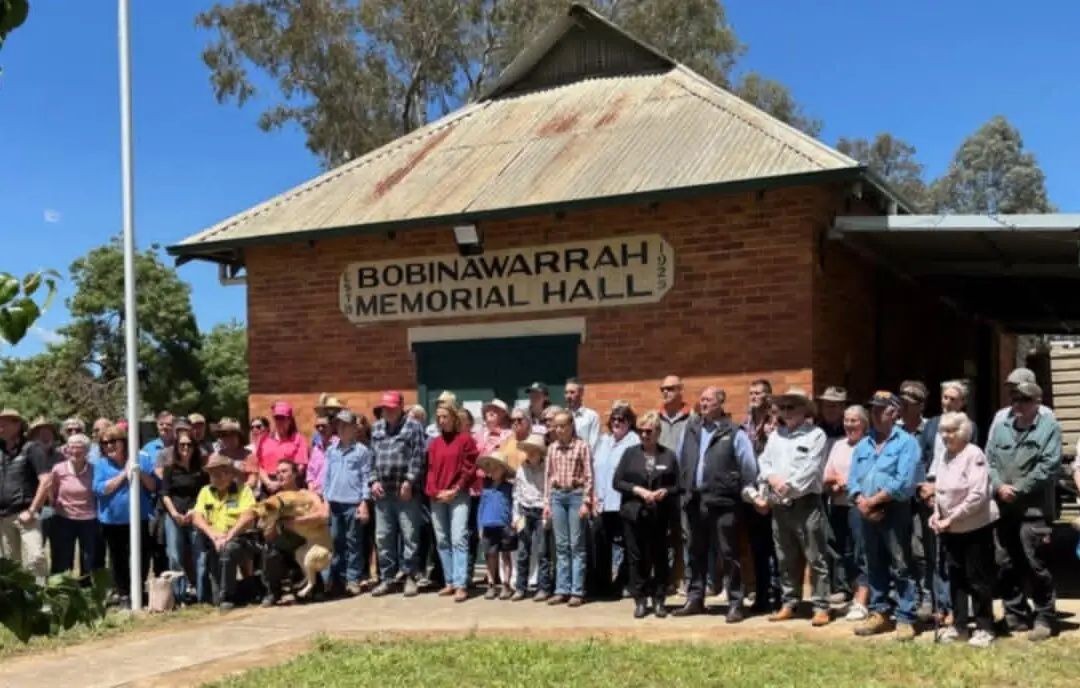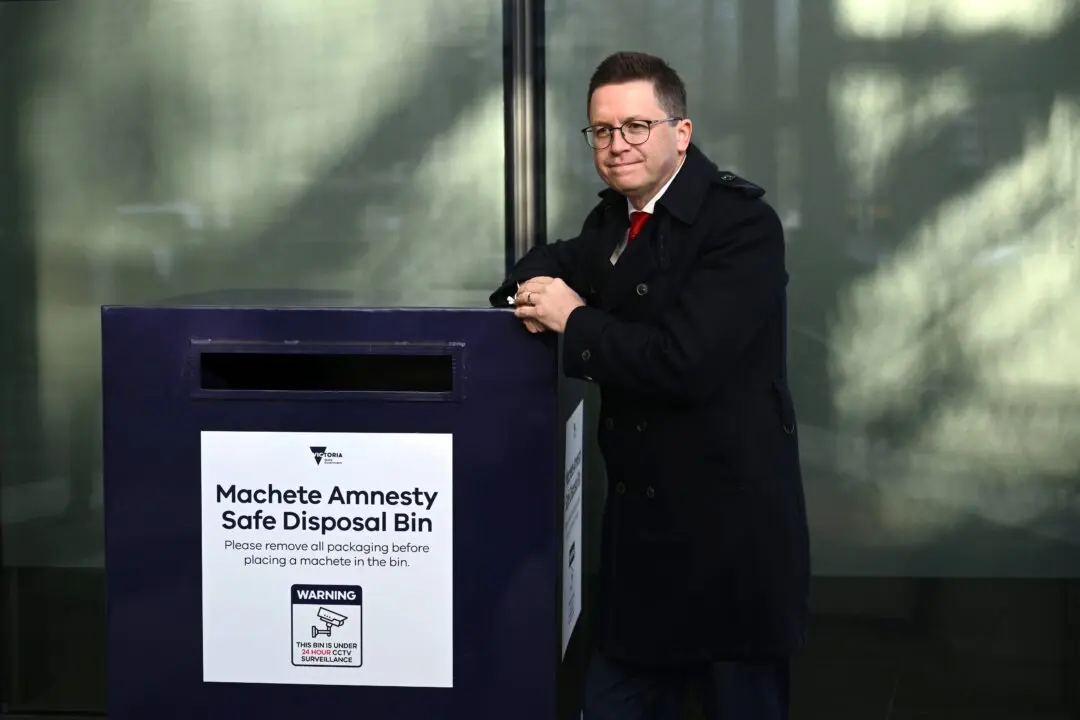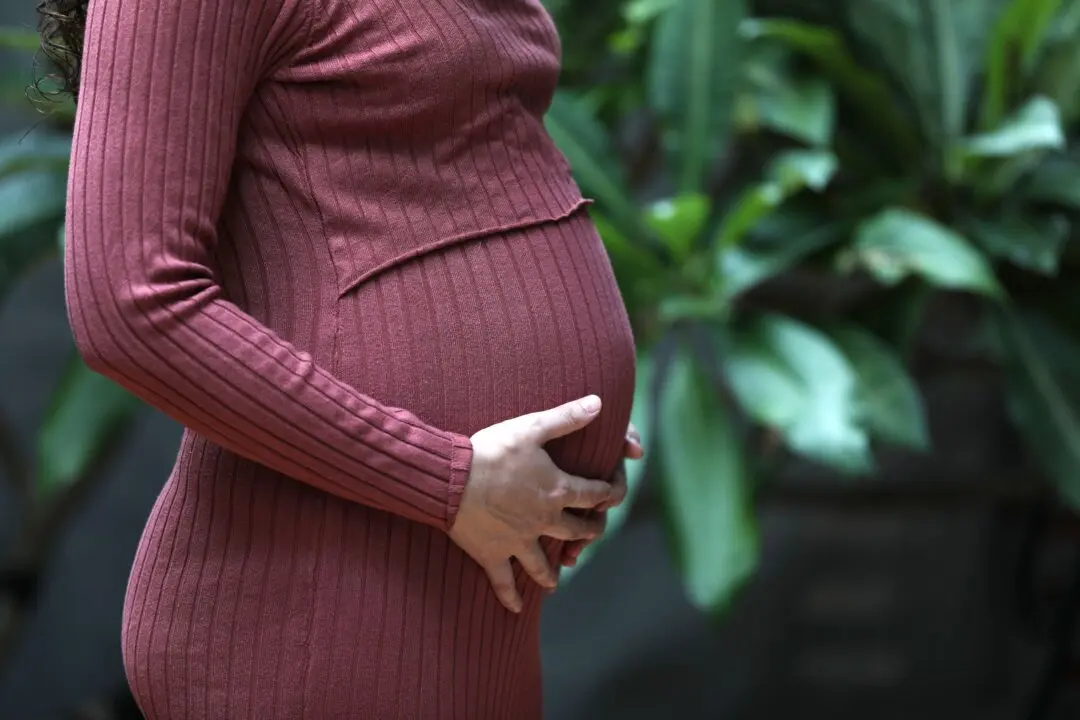
Solar panels are seen at solar farm on the northern outskirts of Canberra, Australia on June 15, 2022. AAP Image/Mick Tsikas
A community group protesting renewables in the region have found allies in the local and state government.
John Davies, chair of the Colbinabbin Renewables Action Group opposes Venn Energy’s Cooba Solar Project slated for Colbinabbin in central Victoria.





